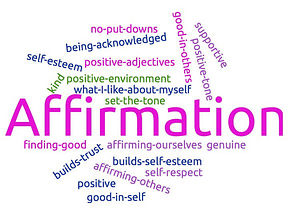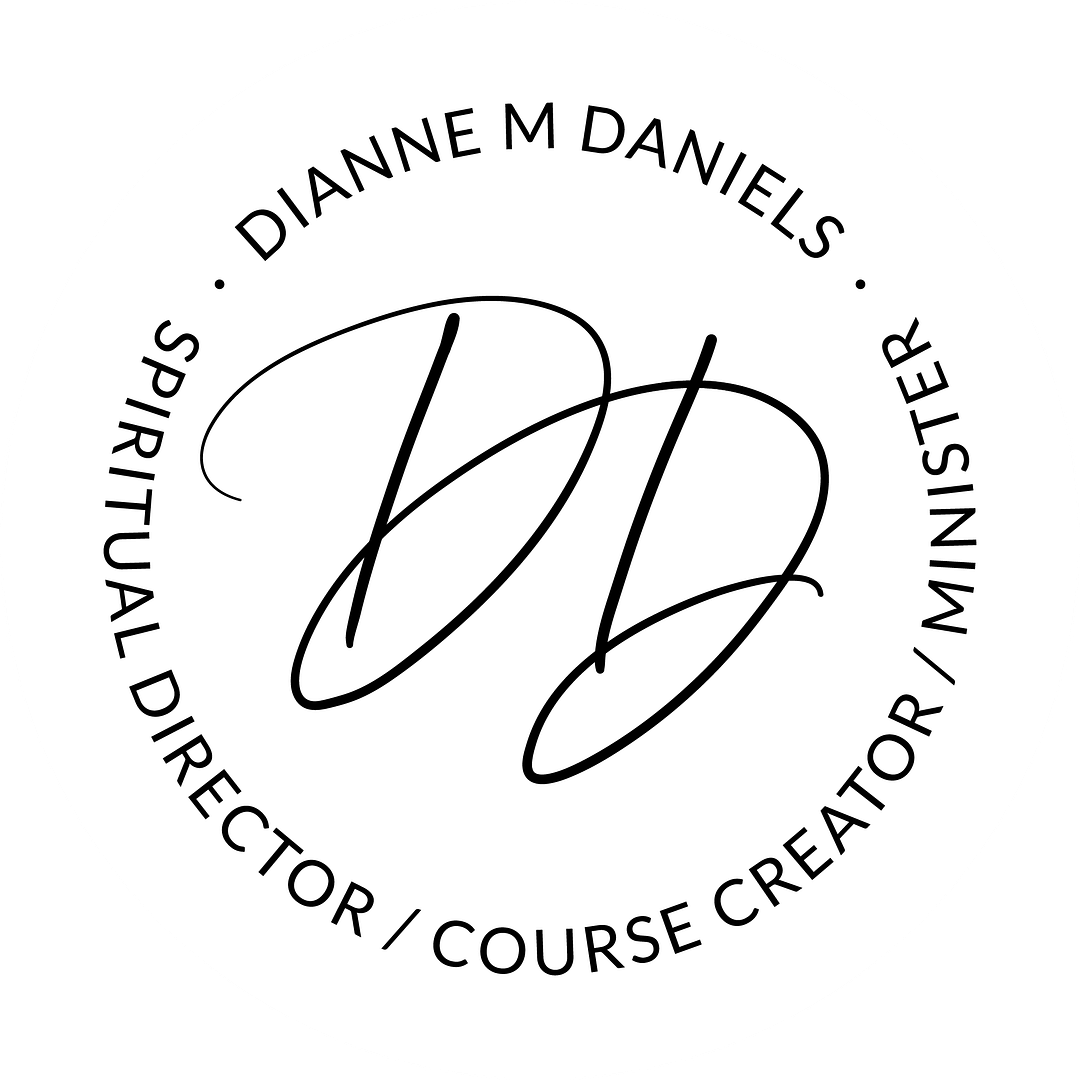Leave behind the “I Can’t” and start believing in “Yes I Can!”
On January 1st, 1983, the World Wide Web (internet) made its public debut. Almost overnight, communication as we knew it took on a whole new meaning. In a matter of a few short years, the population using the internet went from 16 million viewers (1995) to an outstanding 4,833 million viewers as of June 2020. That means 62 percent of the world’s population is using the internet on some level daily.
communication as we knew it took on a whole new meaning. In a matter of a few short years, the population using the internet went from 16 million viewers (1995) to an outstanding 4,833 million viewers as of June 2020. That means 62 percent of the world’s population is using the internet on some level daily.
However, with so much time being spent in front of screens, we’ve unfortunately found that many people find themselves more depressed and less motivated. In 2019, Preventative Science Reports concluded that people who spent more than four hours each day staring at a screen were about twice as likely to show symptoms of depression.

As a society, we rely heavily on other opinions, leadership, and ideas – from our immediate circle of friends and connections, and outside of them, too. 2020 has created a new way of learning this information. Often, the data our brains are receiving is negative, especially this year alone. Psychologist, Dr. Logan Jones wrote that “Consuming too much of this kind of news, whether actively or passively, can be very toxic, and what you hear and see has an impact on your mood.”
So, how do we change our thinking patterns?
Affirmation is the practice of constructive (positive) thought and the reinforcement of conviction by the
It is the consistent and conscious repetition of new concepts and images that help the unconscious mind thrive. By repeating several optimistic statements or phrases – or our recommended practice of creating affirmations and using them consistently for 21 to 28 days – you make the technique successful, connecting the affirmations and the writing activity with specific, positive feelings.
Our subconscious mind is necessary to manifest and achieve our objectives and our subconscious mind governs many of our behaviors. Thus, changing your thoughts and behaviors empowers you to reorganize your brain for new accomplishments.
How does confirmation bias affect your thinking?

When focused in a positive way, this can play a significant role in the success level of your life and your activities. If you start an activity with a deep conviction that you will succeed, you will do so and, in the process, develop a greater understanding of your beliefs.
Start taking positive action!
First, write down your goals – Take a pen and write down your short and long-term goals (hint: use a Goal-
Next, be attentive – Distraction and lack of motivation are simple enough to overcome, but preparation and eliminating distractions are the gold standard for helping you to stay focused. Many people, in the first flush of enthusiasm, attempt to do a lot of work, which leads to a further diversion.
Then, continue your march, concentrate your energies – Concentrate on the few, not the rest. When needing to focus on your daily goals and actions, use the 80/20 law. The Pareto Principle (80/20 law) is defined as “an aphorism which asserts that 80 percent of outcomes result from 20 percent of all causes for any given event”. A goal of the 80-20 rule is to identify tasks or activities that are potentially the most productive, that will get you that much closer to your goals and make them the priority. “Concentrations are like muscles; they are continually taxed by information.” Periodic breaks during focused activity will improve your concentration and productivity.
Finally, take action – As stated, confirmation bias includes the collection of evidence from the subconscious mind that confirms a certain belief. The subconscious mind often tracks, observes, and forms our behavior. In this context, you can work to shift your previous beliefs by repeating and visualizing a phrase, sentence, or statement through affirmation and concentration. Once you shift your beliefs in a more positive and productive direction, you’ll see new actions and new pathways to success.
By taking this step forward, the mind will accumulate additional information to alter your current conviction. American film critic, Pauline Kael summed up life by saying, “Where there is a will, there is a way. If there is a chance in a million that you can do something, anything, to help you achieve your goals and to keep what you want to endure from ending, do it. Pry the door open or, if necessary, wedge your foot in that door and keep it open.”






